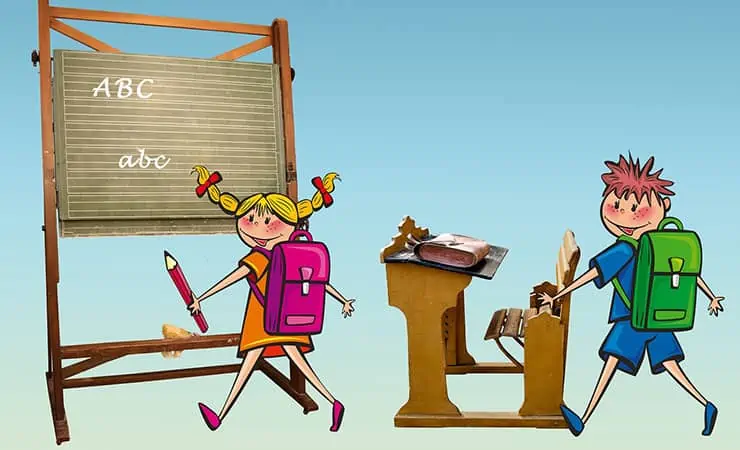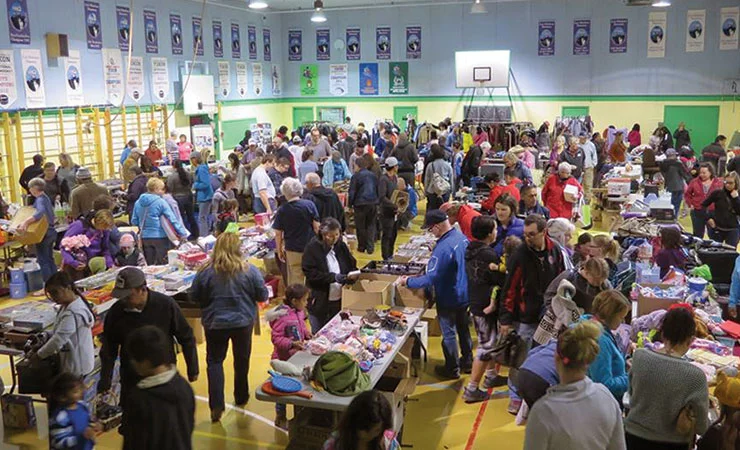As September chills the air, whether with excitement or dismay, kids in Whitehorse turn their attention towards the new school year. Half way across the world, and minus the frost, Haitian youth are thinking about heading to school, as well.
With the help of Yukoner Morgan Wienberg, who is based in Haiti, I was able to connect with some of these scholars and learn a little bit about what it is like to head back to school in that Caribbean country.
Ernso Fifi, 15 years old, has a hard time with Lecture, which is a subject that requires children to memorize paragraphs and recite them for the class. It’s difficult, especially when the penalty for not doing your homework is often a beating.
“Still,” he says, “School isn’t hard, as long as you are motivated and willing to study.”
His father advised him to take school seriously, be respectful and never steal. “My father loved me a lot,” Ernso says. “He would always sit with me and explain to me how I should live. I’m proud because I’ve never forgotten that. Not everyone is raised with someone to give them advice.”
Ernso took this to heart, even while he was living on the streets after his father died from cholera three years ago. His hard work is paying off as last year he was selected to be part of the school council. Ernso hopes to become a pastor or a doctor when he grows up.
Conformity and appearance are important in the Haitian school system and children must wear uniforms to attend. This can be a significant barrier to education, because the cost must be covered by the child’s family. It also tends to make the children self-conscious, given the disparity in the country. Even children in the direst circumstances will do their best to iron their uniform and look correct so that they are not singled out in front of the class. Like Ernso says, one has to be motivated to succeed.
Wathson Dena, 17 years old, understands this well.
“School is important,” he says. “I wasn’t always like this, school changed me. I rise at six in the morning every day and walk by foot to arrive at school by eight – but I’m never discouraged.” In the future, he hopes to be someone influential, like a judge, so that he can help other street children. His grades sometimes suffer because he finds it hard to read in school and he can’t always keep up with the speed of the classes, which are typically 30 to 50 students. He wishes he had help with his homework, but he is proud to say he never gets discouraged, acts disrespectful or fights. He is pretty excited to have just passed his driving course.
Children in Haiti learn numerous languages at school. English, French, Spanish and Creole are all part of the curriculum. School grades are based 100 per cent on exams which students take four times per year, so it is no surprise that children’s marks are low compared to here. Most children hover around 50 per cent, while 70 per cent is considered high.
Odyanne Loradine, 19 years old, acquired some seemingly unlikely skills at school. In Grade 8, she learned to sew, crochet and knit. These skills have been a great help and have increased her self-sufficiency, which makes her proud. Now she spends whatever free time she has making socks, hats and skirts. She dreams of one day becoming a doctor so that she can support her family.
As an educational opportunity, many classes/schools in the Yukon support a child in Haiti through Little Footprints Big Steps. If you want to get involved or learn more about it, go to www.LittleFootprintsBigSteps.com.


